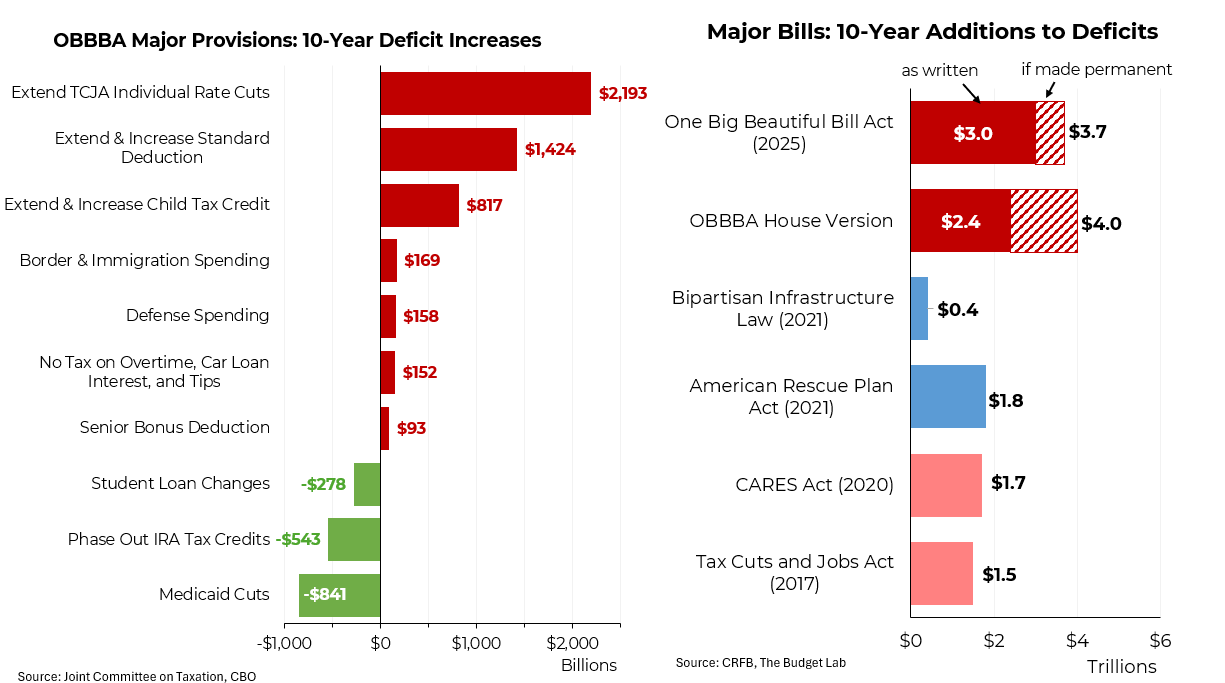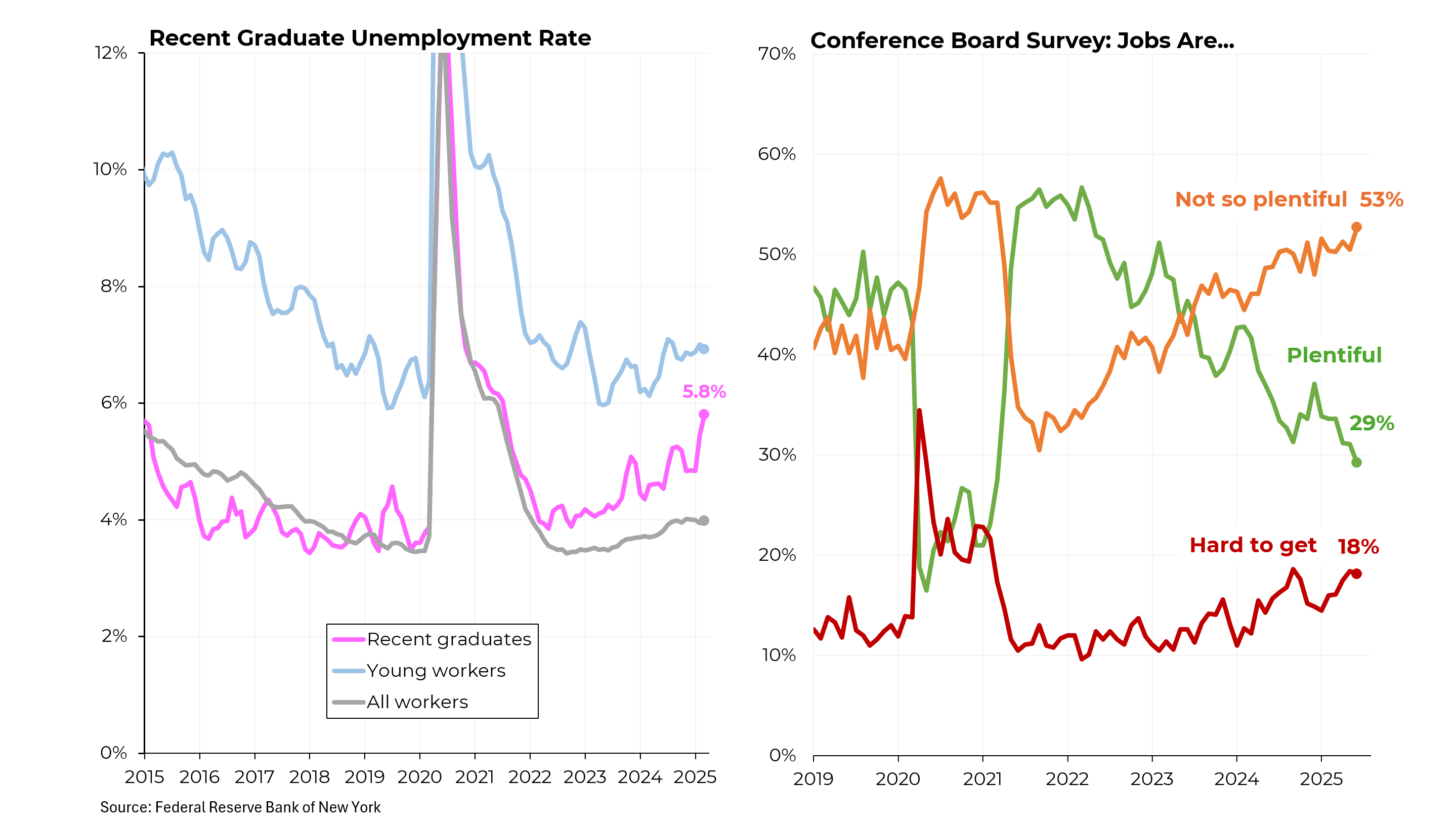Originally published in the New York Times
WHILE a Senate report detailing Apple’s aggressive tax sheltering of billions of dollars of overseas income grabbed headlines this week, little notice was paid to a surreptitious thrust at tax minimization that was announced at nearly the same moment.
In a news release, the American drug maker Actavis announced that it would spend $5 billion to acquire Warner Chilcott, an Irish pharmaceuticals company less than half its size.
Buried in the fifth paragraph of the release was the curious tidbit that the new company would be incorporated in Ireland, even though the far larger acquirer was based in Parsippany, N.J.
The reason? By escaping American shores, Actavis expects to reduce its effective tax rate from about 28 percent to 17 percent, a potential savings of tens of millions of dollars per year for the company and a still larger hit to the United States Treasury.
Actavis is hardly alone in fleeing to lower-tax countries. For example, Eaton Corporation, a diversified power management company based for nearly a century in Cleveland, also became an “Irish company” when it acquired Cooper Industries last year.
Here’s the point: As muddled and broken as the individual income tax system may be, the rules under which the government collects corporate levies are far moreloophole-ridden and counterproductive.
That’s not entirely Washington’s fault. Unlike individuals, multinational corporations can shuttle profits — and sometimes even their headquarters — around the globe in search of the jurisdiction willing to cut them the best deal on taxes (and often other economic incentives).
Much of this occurs under the guise of “transfer pricing,” the terms under which one subsidiary of a multinational sells products to another subsidiary. The goal is to generate as high a share of profit as possible in the lowest-taxed jurisdictions.
A study by the Congressional Research Service found that subsidiaries of United States corporations operating in the top five tax havens (the Netherlands, Ireland, Bermuda, Switzerland and Luxembourg) generated 43 percent of their foreign profits in those countries in 2008, but had only 4 percent of their foreign employees and 7 percent of their foreign investment located there.
All in all, it is a race to the bottom on the part of revenue-starved governments eager to attract even a relatively small number of new jobs.
As a consequence, the effective corporate tax rate in the United States fell to 17.8 percent in 2012 from 42.5 percent in 1960, according to the Federal Reserve Bank of St. Louis. (The share of federal revenues arriving at the Treasury from companies has fallen even more sharply, in part because an increasing number of businesses are taxed as individuals rather than as corporations.)
That’s just not fair at a time of soaring corporate profits and stagnant family incomes.
Business groups, naturally, say the best way to bring jobs and cash home is for Washington to stop taxing profits earned overseas by American companies altogether. But that idea makes little sense. While changing to this “territorial system” would allow some of the estimated $1.7 trillion of cash “trapped” overseas to come home free of tax, it would both cost the Treasury an estimated $130 billion in revenue over the next 10 years and provide greater incentives for American companies to continue to move jobs and production overseas.
Happily, the gaming of the tax system is becoming a global concern, with an action plan coming from the Organization for Economic Cooperation and Development in July. The O.E.C.D. should work toward taxing business profits where they actually occur, not where they’ve been shifted by some tax adviser.
As we strive for a global solution, we should take a number of interim steps, including better policing of transfer pricing.
In addition, President Obama has made constructive proposals to reduce the incentive to move jobs overseas by imposing a minimum tax on foreign earnings and delaying certain tax deductions related to overseas investment.
Perhaps most provocatively, we should consider taxing a greater share of the profits made by companies not at the corporate level, where they are subject to oh-so-much gaming, but rather at the shareholder level.
As corporate taxes have declined, corporate profits have increased. That has pushed up stock prices and been a boon to shareholders. It hardly seems unfair to ask those who already benefit from bargain tax rates on capital gains and dividends to share some of those gains with the government.





